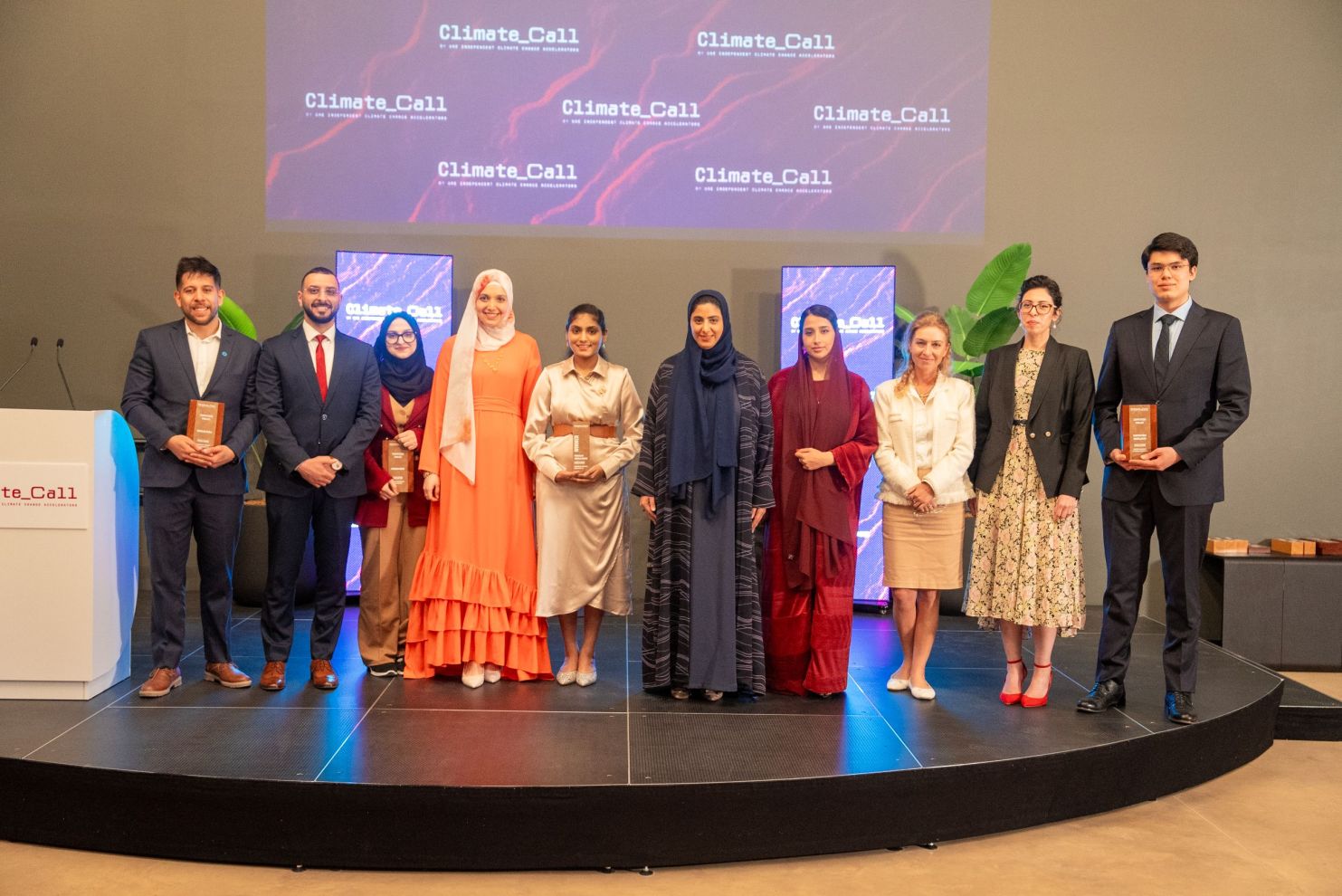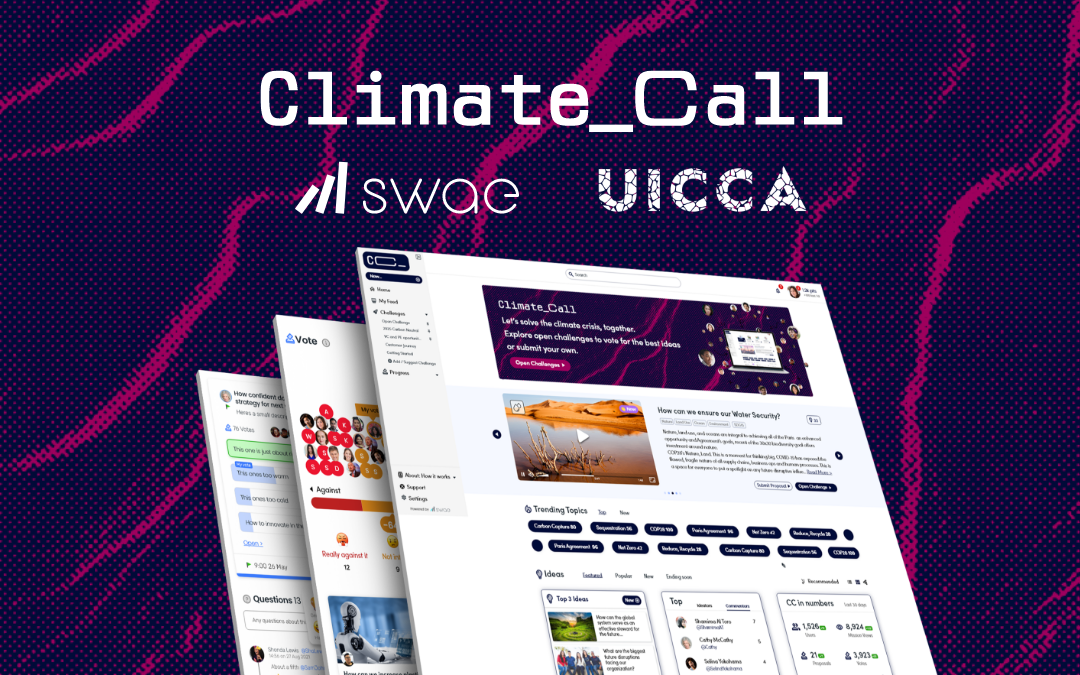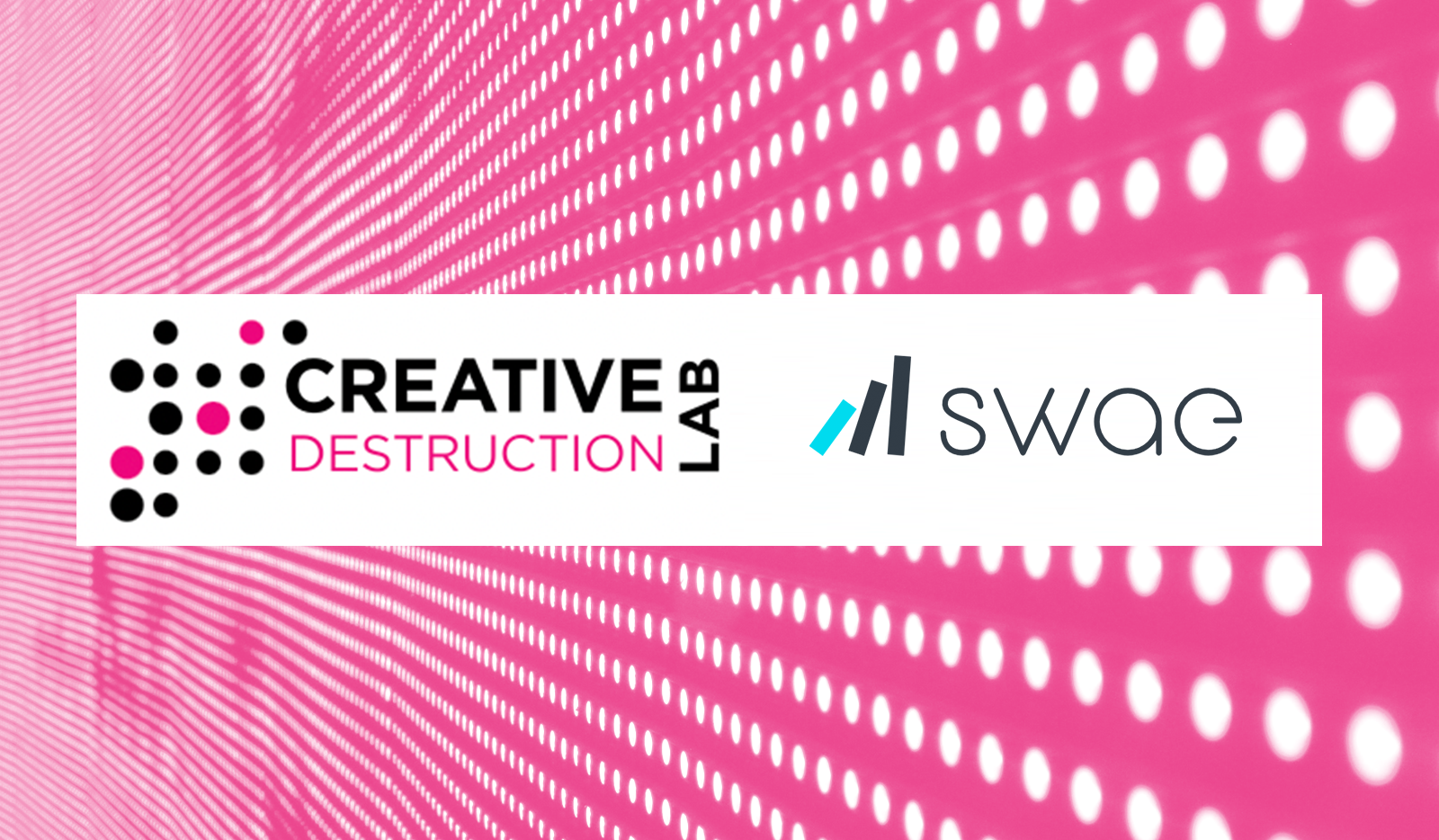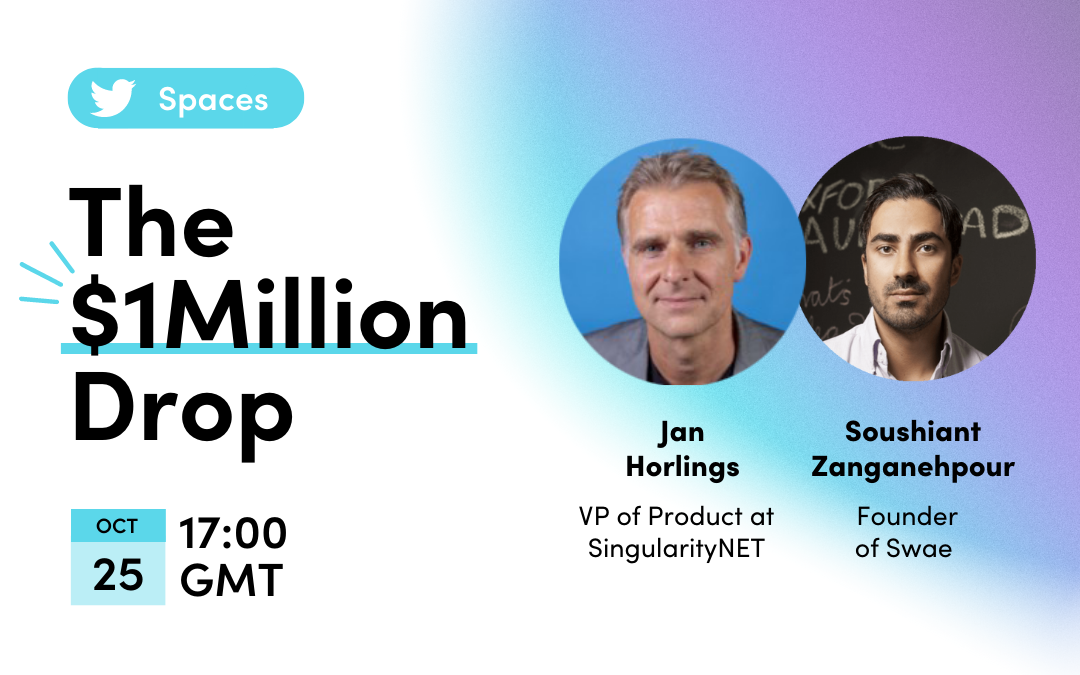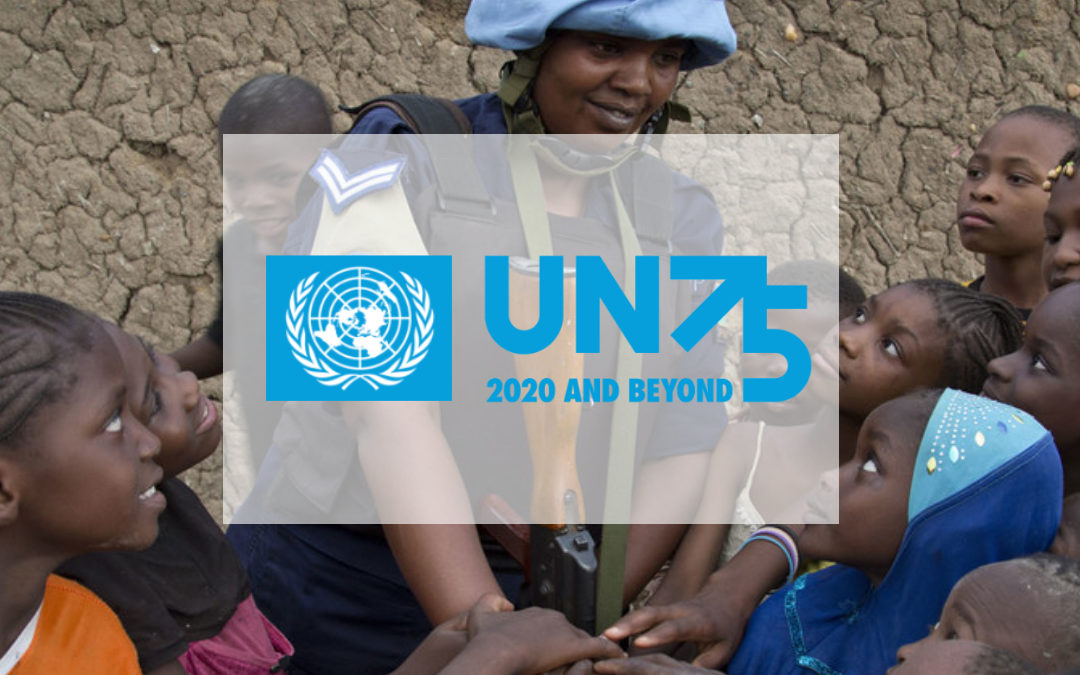
Results of the United Nations -backed global digital consultation powered by Swae presented to UN General Assembly
Download Case Study (PDF)
CASE STUDY
UNITED NATIONS UN75
with Igarapé Institute
UN75: Shaping Our Future Together
The 2021 UN-sponsored global digital consultation gathered 520 proposals from 1,750+ participants across 140 countries sourcing active solutions to the world’s largest threats using the Swae platform.
LOCATION
![]() Global
Global
INDUSTRY
NGO
SEGMENT
Ideation, Entrepreneurship,
Innovation Management
WEBSITE
CUSTOMER SINCE
2020
ORGANIZATION SIZE
193 Member States
TOTAL ACTIVE USERS
1,750 Participants
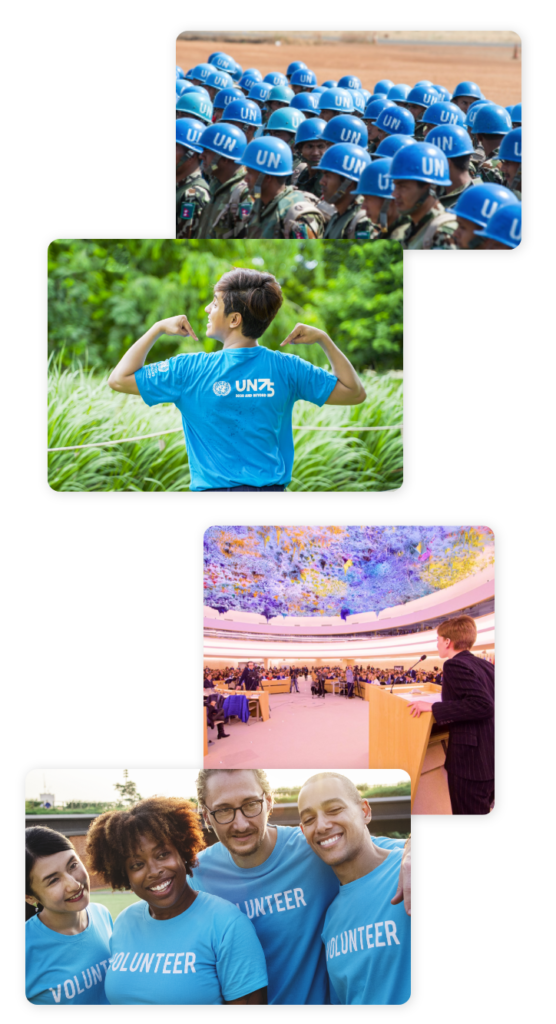
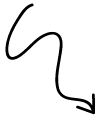
 “The crisis of multilateralism arises because the global debate is decoupled with the real needs and immediate issues that affect We The Peoples”
“The crisis of multilateralism arises because the global debate is decoupled with the real needs and immediate issues that affect We The Peoples”
The Problem

The world is facing monumental threats ranging from disease outbreaks and climate change to nuclear conflict and deepening inequality.
The truth is that nation states alone cannot anticipate, prevent, mitigate, and adapt to the world’s most intractable problems. Complex challenges need the cognitive diversity of many different stakeholders in order to reveal robust, multi-layered solutions.
To this end, in 2020 – on the UN’s 75th anniversary – UN Member States marked the occasion by adopting a Declaration on “the future we want and the United Nations we need” that called for action across 12 areas that are crucial for humanity’s collective future, and requesting the Secretary-General to report back by September 2021 with further ideas and recommendations “to advance our common agenda”.
The UN needs to systematically take into account the opinion of small peoples and various groups so that they have the opportunity to participate in decision making.
Parlimentarians, Uzbekistan

Thereafter, the United Nations began a consultation process with the global public and a wide range of stakeholders across different sectors of society to gather views on the world’s most pressing challenges and priorities for building a better future. They requested input on new ways we could improve international problem solving and cooperation, to strengthen existing approaches and fill known gaps. Groups included companies, philanthropic groups, non-governmental organizations, universities, unions, minority, disability rights activists, and others.
The mosaic of actors included reflects the spirit of the UN Charter, which begins with the memorable statement: “We the Peoples”.
We need a process to define the public and common goods that involves ordinary people from all around the world.
Participant, Germany

 “To increase trust between people and government, decision making needs to be more open, inclusive and accountable“
“To increase trust between people and government, decision making needs to be more open, inclusive and accountable“
UN TAKES ACTION

To help the UN Secretary-General deliver on his promise, the Igarapé Institute found Swae to be the best solution on the market to launch and facilitate the UN’s global consultation crowdsourcing creative proposals from constituents from all corners of the world.
 Their hope was to reveal creative solutions to tackle the biggest challenges to the world’s largest threats!
Their hope was to reveal creative solutions to tackle the biggest challenges to the world’s largest threats!
A key priority of the consultation was to identify action-oriented recommendations to help the international community confront and adapt to new and emerging challenges, as well as bold actionable strategies to bolster the Sustainable Development Goals and Paris Climate Agreement.
The proposals collected helped elaborate new ways to rapidly accelerate delivery of the commitments made by governments in the UN75 Declaration adopted by the General Assembly in 2020.
THE UN needs to adopt a more far-reaching strategy that brings civil society together and links its diverse voices to policymaking channels
NGO South Africa
RESULTS

Results of the UN’s Public Digital Consultation
Between April and May 2021, the public digital consultation generated 523 proposals from 1,759 thought leaders from 147 countries on Swae’s platform. This We the Peoples consultation exceeded expectations in terms of the diversity of engagement and geographic reach of participants.
With support from more than 30 civil society partners across the Americas, Europe, Africa and Asia, inputs were received from leading NGOs, impact investors, philanthropists, parliamentarians, city leaders, academic institutions and under-represented groups such as minorities, migrants and conflict-affected communities, on solutions to some of the biggest challenges facing the world and how we might adapt the UN and other multilateral organizations to problem-solve better.
The cumulative results of We the Peoples digital consultation highlights a powerful set of demands for a global system that accounts for future generations. Among other things, the collection of civil society groups participating in digital consultation called for:
Among other things, the collection of civil society groups participating in digital consultation called for:
-
- A global system that genuinely accounts for future generations and embraces inclusion;
- The prioritization of climate change as a global priority with redoubled investment in climate action;
- Much greater ambition from the UN through a reinvigorated multilateralism to avoid a global breakdown.
All contributors called for greater ambition in how our multilateral organizations adapt and rise to meet the challenges facing the world. Nonprofits and private sector experts alike offered a wide range of practical and concrete recommendations on climate action.
Some of the proposals submitted reflect a large constellation of voices. For instance, contributors such as the International Trade Union Confederation, the United Cities and Local Government network, and the Inter-Parliamentary Union represent hundreds of millions of people across the world. Civil society groups, such as Together First, Minority Rights Group and CIVICUS have hundreds of members, including small grassroots groups and offline communities, in all regions.
Proposals and recommendations generated by thought leaders were shared with the executive office of the Secretary-General and influenced “Our Common Agenda” presented to the General Assembly in 2021.
Proposals were analyzed using a combination of qualitative and quantitative criteria. In consultation with a group of experts, the Igarapé Institute considered factors such as the specificity, possible impact, actionability, innovation, and transformative potential of submissions, as well as the level of engagement they elicited from other participants.
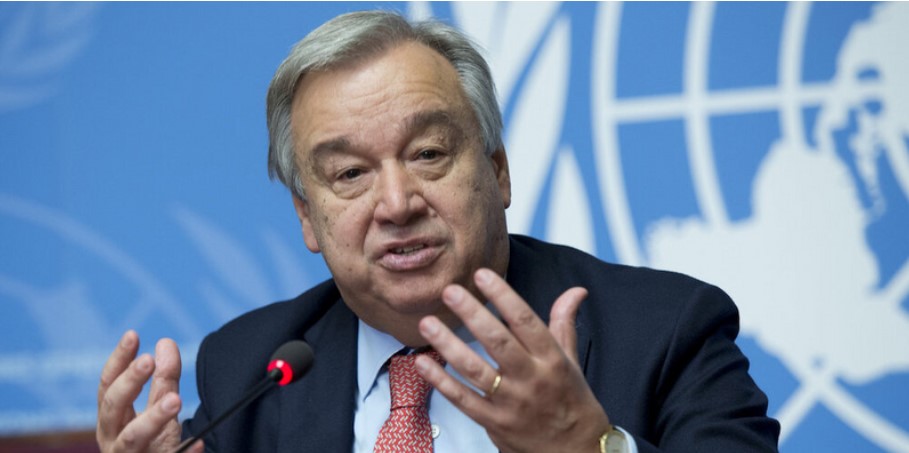
The Secretary-General considered these proposals in his report, alongside proposals emerging from other tracks of consultations with Member States, thought leaders, young people, civil society, and the UN system, and offered suggestions in taking them forward.
The agenda put forward by the Secretary-General to the UN General Assembly is one of the most far-reaching and comprehensive strategies ever produced by the U.N. It was crafted on the basis of consultations involving over 1.5 million people from around the world.
Swae is a game changer for global consultations and international decision making. By rapidly surfacing and strengthening crowdsourced ideas, the platform provides governments, companies and NGOs crucial information to take action

Ilona Sbazo
CoFounder & President
Key delivery partner for United Nations Digital Consultation
RESULTS
The impact of using Swae
We asked users of Swae’s We The People’s consultation how they found the experience; here’s what they said:


said it was personally important to them to have the opportunity to have input into the digital consultation (90%)




said that having a chance to share ideas and collaborate on important decisions through Swae increased their engagement, motivation and buy-in to the consultation process (80%)

said Swae made it easy for them to share their concerns and voice into the future of global cooperation (80%)

whole community. (80%)
This consultation received a diverse and wide-ranging response rate at the gender and age level, a benefit of using Swae as it takes the bias out of the ideation process!
The digital consultation enjoyed a very strong and healthy gender parity and participation rates amongst users, recording a 48% Female vs 50% Male participation rate.
The highest sub-group of under-represented minorities participating on the platform and consultation were“Women and Girls”!
The digital consultation benefited from a very healthy and equitable distribution of age ranges participating in the process (with the exception of users under the age of 15). Most age categories had a similar distribution of total users.
For example:
- Users age 16-30 had 26% participation rate (467)
- Users age 31-45 had 30% participation rate (531)
- Users age 46-60 had 25% participation rate (456)
- Users aged 61+ had 19% participation rate (336)
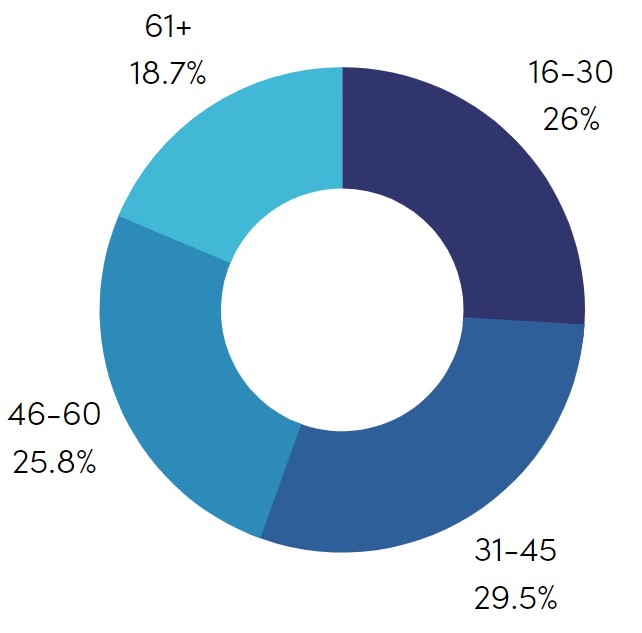

Swae is a critical step to take these kinds of debates to the next level. Swae provides an unprecedented opportunity to shape a new narrative for multilateral action.
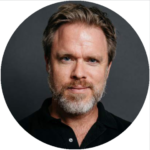
Robert Muggah
CoFounder
Key delivery partner for United Nations Digital Consultation
Testimonials
Swae contributed to an evolving digital culture surrounding the “We the People’s” consultation with many of the users finding the platform to be a completely new way of participating with a high level consultation. Here’s what they had to say:

Abisai
We The Peoples’ Swae User
Swae helped my engage with proposals that didn’t come from the ‘western world’ and showed the great involvement and expertise of the people in African, Asian and South American countries.

Christina
We The Peoples’ Swae User
Swae made it possible to be actively engaged in the process without geographic limitations and allowed me to work asynchronously with others to participate and view proposals within a flexible timeframe.

Sanjay
We The Peoples’ Swae User
Swae is essential is we are to get a diversity of viewpoints from different age groups, genders, social classes, ethic groups, cultural, intellectual perspectives, to have a meaningful voice and to buy into the changes we want to see in the world.

We The Peoples’
Swae User
Without Swae I don’t think I would have had any chance at all to participate in any high level UN Consultation.

We The Peoples’
Swae User
Being able to contribute our own ideas is part of how change becomes a shared endeavour. That means ordinary people like me become invested and fully engaged in the process. Swae helped make that transformation happen for me.
We The Peoples’
Swae User
Swae made it possible to be actively engaged in the process without geographic limitations and allowed me to work asynchronously with others to participate and view proposals within a flexible timeframe.
We The Peoples’
Swae User
The simplicity of this platform and outstanding issues discussed made participating worthwhile.

We The Peoples’
Swae User
Swae’s overall interface and user experience was very smooth. Additionally the possibility to contribute to such an important global conversation was so helpful.

We The Peoples’
Swae User
What Swae offers is a paradigm shift – it’s an idea whose time has finally come!
I have never seen such a platform used at such an official level (in this case by the UN).
I hope the platform is available to use for a long time to come…

We The Peoples’
Swae User
Swae gave me the chance to air my views without fear of persecution

We The Peoples’
Swae User
Swae helped me relay urgent concerns about the many vital issues facing the world so they can be meaningfully addressed by the international community.

We The Peoples’
Swae User
Swae helped me make a contribution to these important solutions – after all, this is about our survival on this planet and noone can be indifferent to that!

We The Peoples’
Swae User
I participated in the digital consultation because Ive been wanting to share my idea to help the United Nations find a lasting solution to worldwide peace and improve living standards. [Swae] made raising my voice and ideas possible.

We The Peoples’
Swae User
There are many problems in the world. Because the right ideas are not strong enough and are divided all around the world. To have an effect, you need to unite the efforts of many people and the right ideas, and there will be a chance for humanity.
For me personally, Swae us the first tool that has the chance to bring this direction to life.

We The Peoples’
Swae User
RESULTS
Some of the Notable Digital Consultation Participants/Swae Users
The top proposals by votes seek to make the UN more inclusive, through a world citizens’ initiative, UN parliamentary assembly, and UN civil society champion.
A few of the notable people who engaged with the proposal;
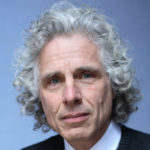
Stephen Pinker

Homi Kharas
Homi Kharas, Senior Fellow at Brookings, suggested a strategic foresight centre within the UN to support the Secretariat as well as Member States.

Severin Sindizera
Human rights defender Severin Sindizera calls for financial and capacity-building support for indigenous peoples’ organisations.

Enyseh Teimory
Enyseh Teimory of Together First highlights three proposals backed by hundreds of organisations, including Avaaz, Greenpeace and the Open Society Foundations to create a civil society champion, a UN citizens’ initiative and a parliamentary assembly.

Andreas Bummel
Andreas Bummel of Democracy Without Borders highlights three proposals backed by hundreds of organisations, including Avaaz, Greenpeace and the Open Society Foundations to create a civil society champion, a UN citizens’ initiative and a parliamentary assembly.

Ingrid Vasiliu-Feltes
Ingrid Vasiliu-Feltes is calling for digital identity technologies to be harnessed for delivery of essential services.

Thomas G. Weiss.
Our top commentator is renowned global governance expert Thomas G. Weiss.
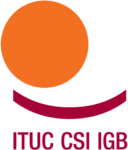
International Trade Union Confederation
The International Trade Union Confederation has added proposals on a new social contract, a global fund for social protection and a just transition to climate-friendly jobs.
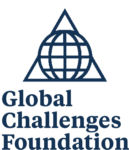
Global Challenges Foundation
The Global Challenges Foundation has added proposals emerging from its worldwide search for global governance ideas.

Alyn Ware
Alyn Ware has proposed a Declaration on the Rights of Future Generations.

Nena Georgantzi
Nena Georgantzi is calling for a UN Convention on the Rights of Older Persons.
Top proposals by votes all seek to make the UN more inclusive, through: a world citizens’ initiative, UN parliamentary assembly and UN civil society champion.
UN REPORT SUMMARY

The findings report entitled Our Common Agenda proposes a series of very practical measures to advance the 12 themes set out in the UN75 Declaration. Among other things, it calls for:
- a reimagined social contract
- greater solidarity across generations
- reinvigorated protection of the global commons
- more rapid and inclusive delivery of global public goods
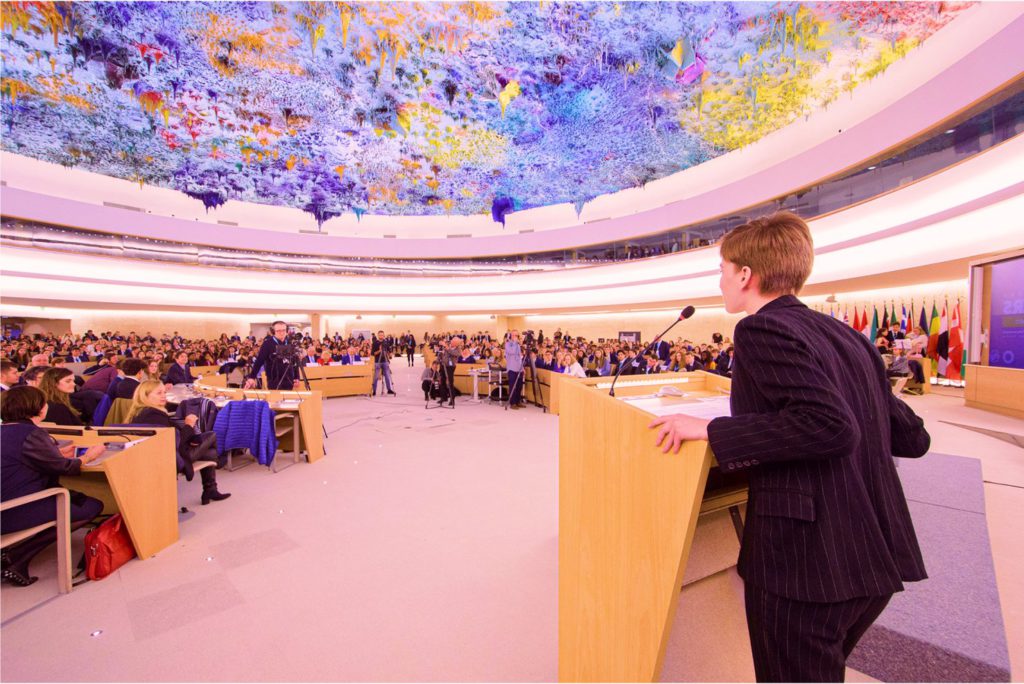
The cumulative results from the digital consultation and other tracks of consultations were aggregated into a final report – Accelerating Inclusive Global Cooperation – which was released by the UN on September 10th, 2021.
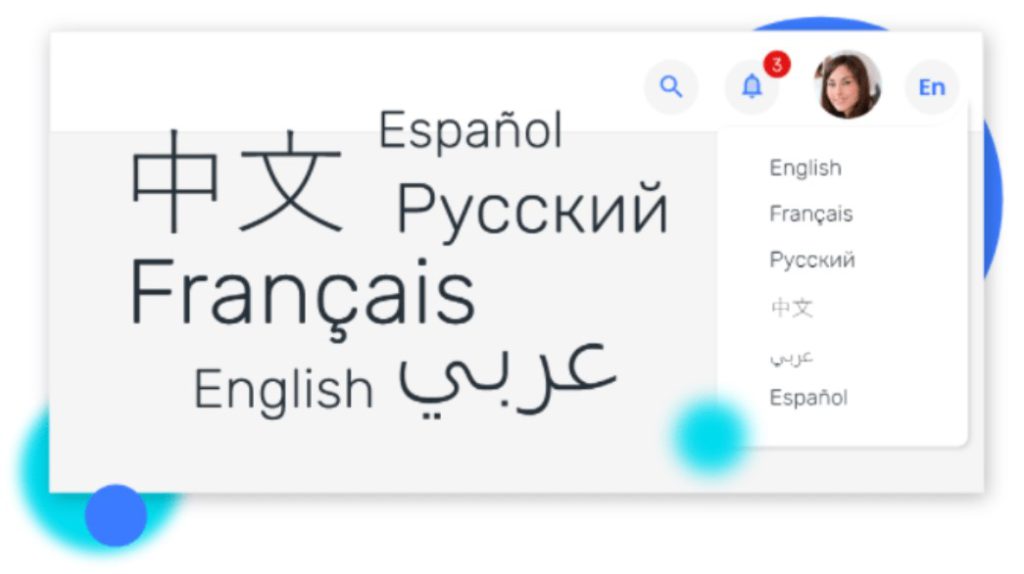
Thanks to Swae’s Natural Language Processing and AI Writing Improvement features, invited participants were able to access and input into the digital consultation in all six official UN languages: Arabic, Chinese, English, French, Russian and Spanish.
WHY UN75 MATTERS TO SWAE

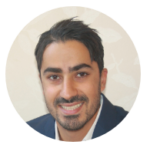 Statement from Soushiant Zanganehpour
Statement from Soushiant Zanganehpour
Founder & CEO of Swae
“Global challenges demand global solutions, and our team at Swae were very proud that our startup was able to rise to the occasion and support an international institution as important as the United Nations to carry out such an important and timely initiative.
We urgently need to improve the quality of exchange between the general public and decision-makers, and Swae helped make this a reality. The consultation helped prove that the speed, diversity and user experience of consultation processes can fundamentally improve, even for critical institutions such as the United Nations.
The nature of the digital consultation – crowdsourcing actionable suggestions to global challenges in an open, inclusive, and collaborative manner – was unprecedented for soliciting inputs. Unlike previous consultations that are often closed, non-collaborative, and one-directional, anyone in the world had access to the platform, and while most were invited, anyone who did join could engage in proposals and thoughts to help refine ideas further.
The combination of the deliberative design and Swae’s feature set helped organizers expand the boundaries of inclusion to people and organizations often not necessarily part of UN high-level processes. This is critical for creating buy-in to the scale of changes we need, as well as surfacing good quality solutions that may not be getting decision-makers’ attention.
Another source of pride for us as a team was how on-the-ground partners combined with the feature set of Swae (e.g. conditional anonymity) allowed organizers to gather inputs from lesser-heard voices and offline communities. For example, the highest sub-group of under-represented minorities participating on the platform and consultation were “Women and Girls”, who traditionally are less represented and vocal in such processes.
Beyond transparency and inclusion, I’m most proud that the results stemming from the consultation had a meaningful influence on the UN Secretary-General’s strategy and recommendations to tackle the world’s most pressing challenges. Much of his strategy references findings and recommendations from the digital consultation, and while this may have been possible without us, it would have been infinitely more challenging to execute without a platform like Swae.
We are enormously grateful to the Igarapé Institute who included us in this one-of-a-kind initiative.”
Our Platform
Since 2019, Swae has worked with global companies and organizations like Etihad Airways, Bosch, and Lifelabs, NGOs like Doctors without Borders (MSF Canada), as well as intergovernmental entities like The United Nations, and the Governments of Mexico and Chile.
We help our clients engage their people to surface unconventional ideas, to find out the possibilities of new innovative ideas, build pragmatic solutions collaboratively, and help them solve their most pressing challenges in a more organized, efficient, and inclusive way.
We have built a strong reputation around creating a safe and inclusive space for problem and solution generation driven by users, helping leaders to hear the truth, boost engagement, and find investable solutions, all while reducing bias in important strategic decisions.
If any of the topics above interest you, and you would like to see how our technology might help your organization achieve similar results to the UN and others, please reach out to set up an initial conversation. We would be delighted to show you how easy Swae is to implement, and to explore a pilot or use case for your organizations.
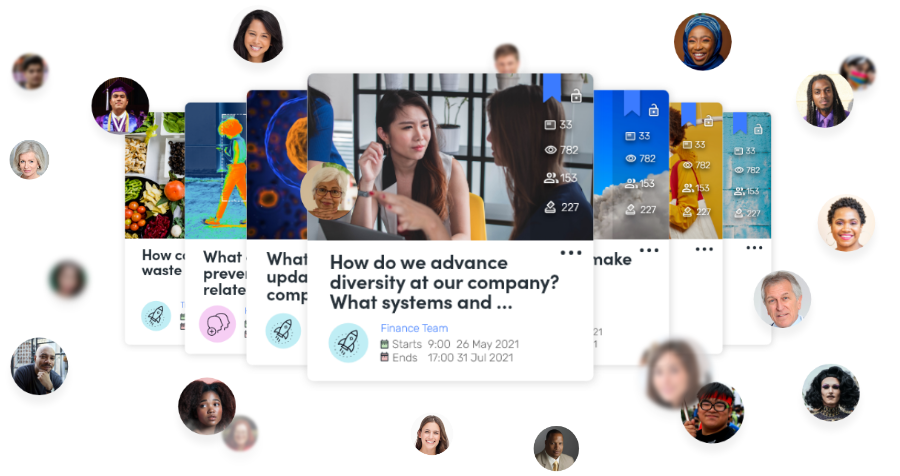
About Swae
We’re building the future where everyone has a voice and idea meritocracy finds solutions to the world’s biggest challenges.

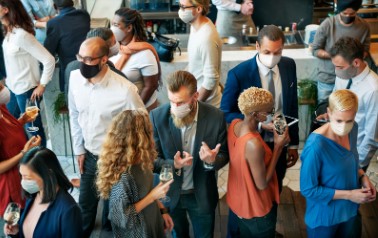
The average person makes 2,000 decisions daily, and the impact of poor ones can lead our lives down extremely different paths.

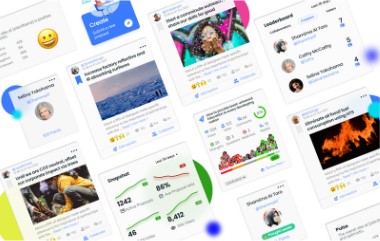
make smarter decisions and innovate faster.

How  can help your Organization
can help your Organization
Gaining insights and experience from past pilots has shown that when leaders implement Swae, they discover problems they didn’t even know existed within their own organization.
This allows is creativity to be unleashed and allows more of their own people to come together in bigger ways to solve the organization’s challenges, come up with cool ideas to innovate, and so much more.
Swae’s platform helps drive workplace improvement and innovation strategy which can transform the way leaders include others to prioritize challenges and source potential solutions from people that haven‘t had the opportunity to share their voice.
Please get in touch to see how Swae can help
your team collaborate and make smarter decisions
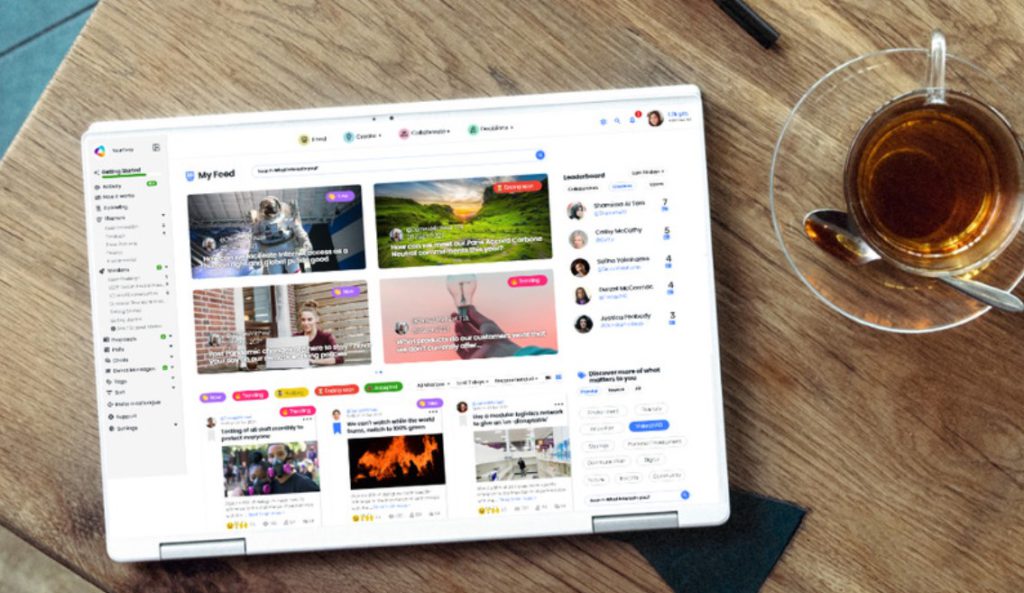
Appendix

CORE THEMES
The UN75 We The People’s consultation focused on 4 core themes:
Our Future – building resilience to ‘future proof’ our global system
Our World – safeguarding our planet and shared resources
Our Society – making our societies and economies more equal and just
Our UN – strengthening international institutions and global cooperation
Challenge 1: Our Future
Our Future – building resilience to ‘future proof’ our global system

The Problem

Outcomes via Swae
Participants’ vision:
a global system that takes account of future generations, adopts a human security
approach, and works with stakeholders to anticipate and respond to crises and
challenges.
Stepping stone:
a declaration on the rights of future generations to signal a normative shift towards future-focused policy-making and global buy-in for changes such as the above council.
Transformative shift:
a council for global resilience that would identify and address non-military threats (including climate, environmental, humanitarian, and health risks) with support for foresight experts in different fields, drawing on UN and stakeholder capacities and potentially modelled on the Intergovernmental Panel on Climate Change.
Noteworthy:
proposals on implementing the Treaty on the Prohibition of Nuclear Weapons and banning lethal autonomous weapons gained significant support. Several models for an expanded UN Security Council were likewise advanced.
Challenge 2: Our World
Our World – safeguarding our planet and shared resources

The Problem

Outcomes via Swae
a global system that champions a swift and just transition to carbon zero before 2050, works with stakeholders to manage global commons and global public goods, and nurtures the notion of global cooperation as a global public good.
Stepping stone:
banning fossil fuel subsidies and phasing out fossil fuels by 2030. Also an urgent demand for Internet access to be adopted as a human right.
Transformative shift:
a forum or fora to oversee global commons and global public goods. Several proposals calling for universal access to the Internet.
proposals for a panel or large-scale consultation to define global public goods.
Challenge 3: Our Society
Our Society – making our societies and economies more equal and just
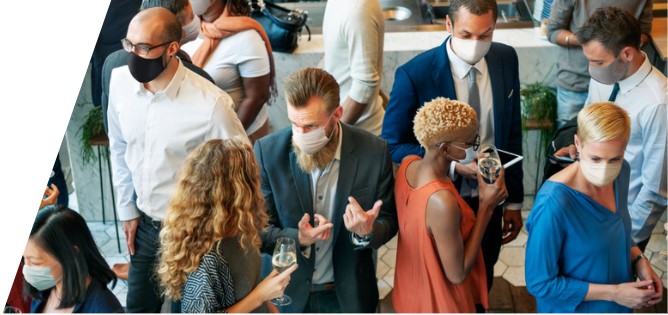
The Problem

Outcomes via Swae
a global system that delivers a green, equitable, and inclusive recovery from COVID-19; supports female leadership and inclusive decision-making at all levels, and measures progress in relation to human and planetary well-being.
promotion and protection of civic space through measures such as mapping of threats to civic space, early warning systems, awareness raising, and the appointment of a UN champion for civil society.
a new social contract co-created with stakeholders, aligned with the Universal Declaration of Human Rights and the Sustainable Development Goals, with multilateral organizations providing an advisory and monitoring function, e.g., through existing mechanisms such as the High- Level Political Forum on Sustainable Development.
there was a strong push in the last days of the consultation for a proposal to universalize the Council of Europe’s Istanbul Convention on preventing and combating violence against women and domestic violence.
Challenge 4: Our United Nations
Our UN – strengthening international institutions and global cooperation
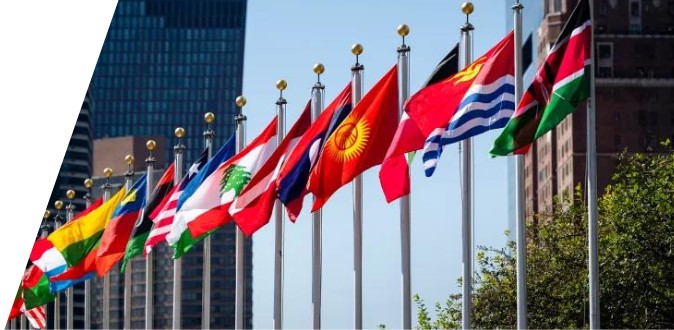
The Problem

Outcomes via Swae
a global system that embraces inclusion, makes participation and consultation part of its DNA, and leverages the capacities of stakeholders, including through more partnerships.
a high-level UN civil society focal point to signal a new approach and find ways to expand engagement, including a global study on the impact of multi-stakeholder partnerships and their potential to address different challenges.
a global capacity-building drive that sees the UN strategically transferring tasks to stakeholders — boosting local ownership and enabling it to focus its limited resources in areas such as complex emergencies and mediation where it adds unique value.
other proposals that attracted support were various forms of parliamentary assembly/network, youth assemblies, and a citizens’ petition initiative whereby a petition that crosses a threshold of signatories is debated by the UN General Assembly.
TIMELINE

January 2020
- UN Member States adopt Declaration on “the future we want and the United Nations we need”;
- call for action across 12 areas that are crucial for humanity’s collective future, and;
- request the Secretary-General to report back by September 2021 with further ideas and recommendations “to advance our common agenda”
February – December 2020
UN begins consulting with general Public to gather views on the world’s most pressing challenges and priorities for building a better future.
Feb-March 2021
UN Secretary-General & Igarapé Institute design global digital consultation to solicit actionable recommendations and deliver an action-oriented strategy to address global threats
March-May 2021
UN and Igarapé Institute partner with Swae to facilitate the global digital consultation using Swae’s platform
May 2021
The global digital consultation ends, generating 523 proposals from 1,759 participants from 147 countries.
June-September 2021
Results from global digital consultation analyzed and consolidated to create feature report: Our Common Agenda
September 10, 2021
- The UN Secretary-General and Igarapé Institute released their reports to the public ( “Our Common Agenda” & “Accelerating Inclusive Global Cooperation”);
- Secretary-General presents a comprehensive approach to tackling the world’s most pressing challenges, referencing reports, findings and recommendations from the digital consultation to the UN General Assembly in 2021
Stats
Engagement Totals
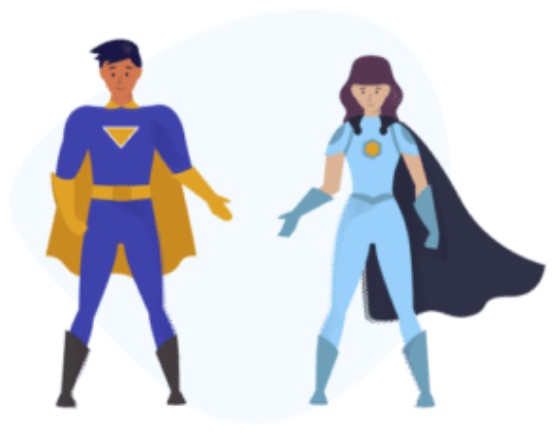
1178
Total unique Users
685
Total unique Ideas generated
3248
Total number of Votes

478
Total Comments, Edits & Suggestions

54%
Total Users Engaged
42%
Monthly Active Users
0.4
0.2
Comments per User
1.8
Votes cast per User
CHARTS
User Demographics
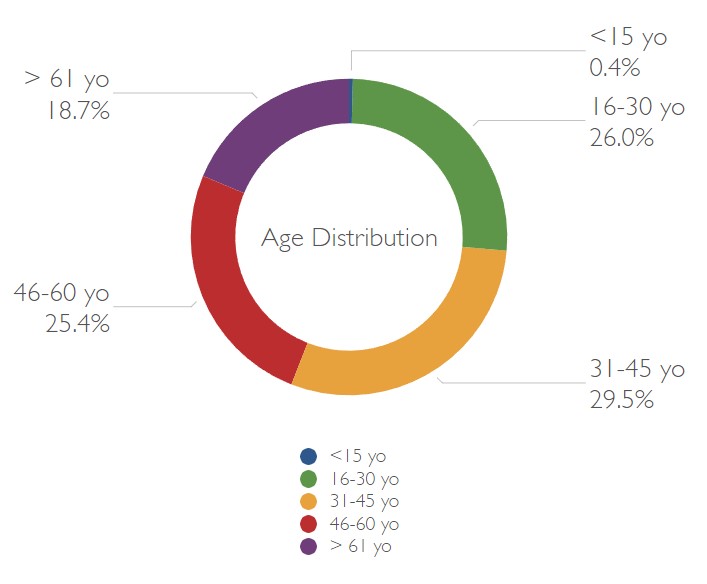
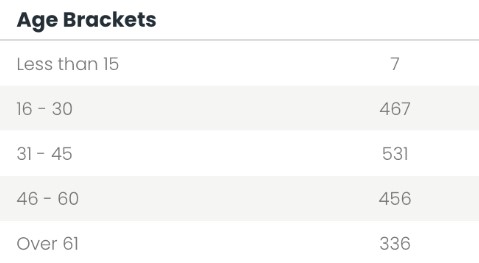
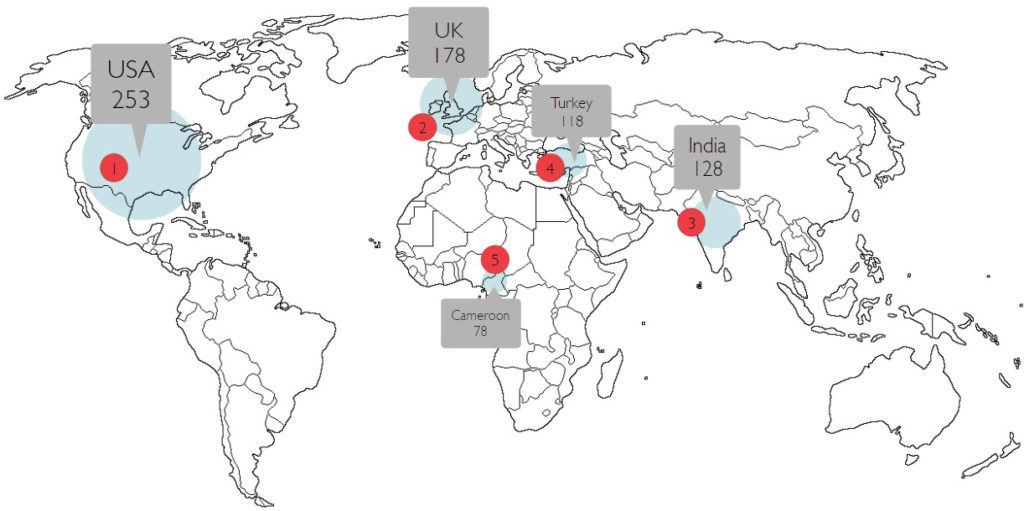
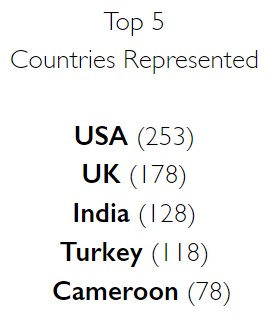

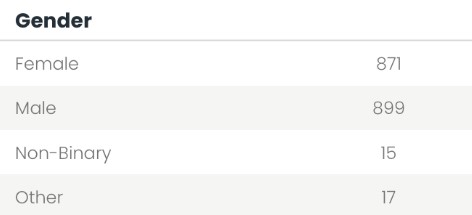
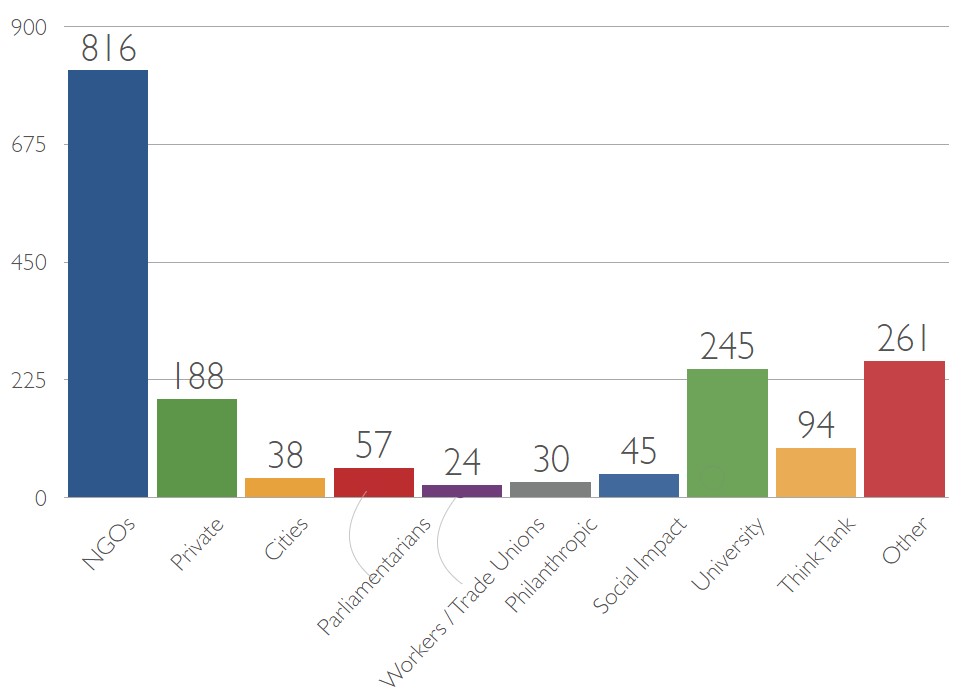
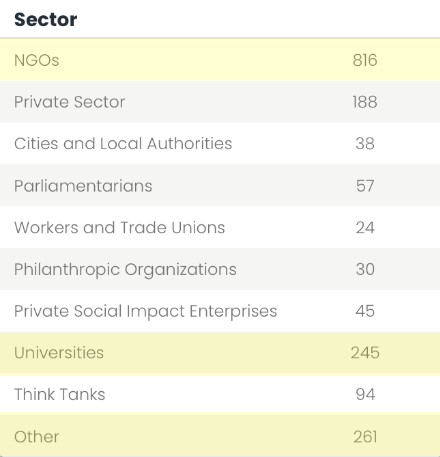

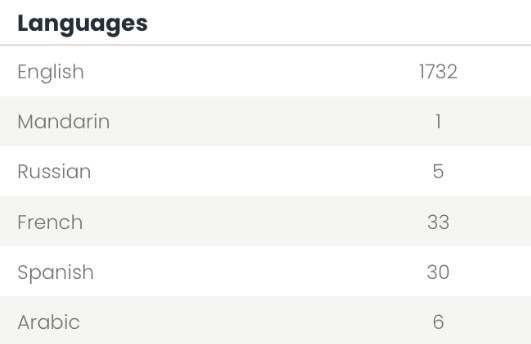
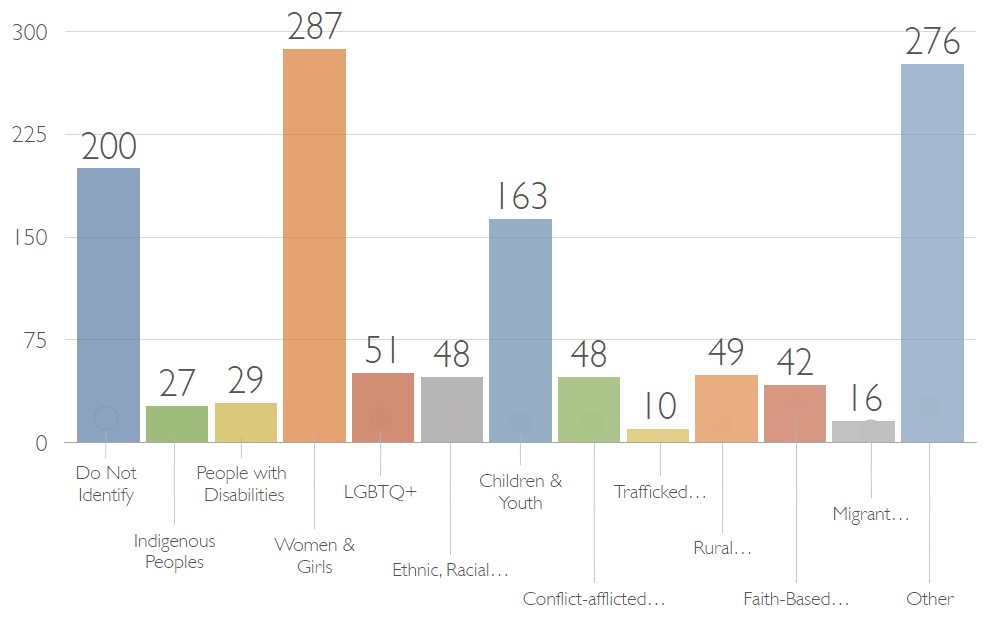
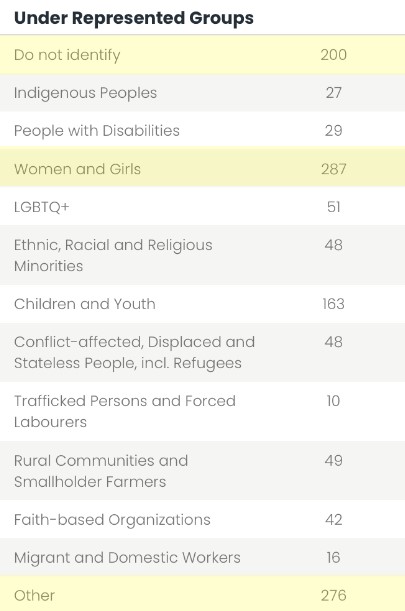
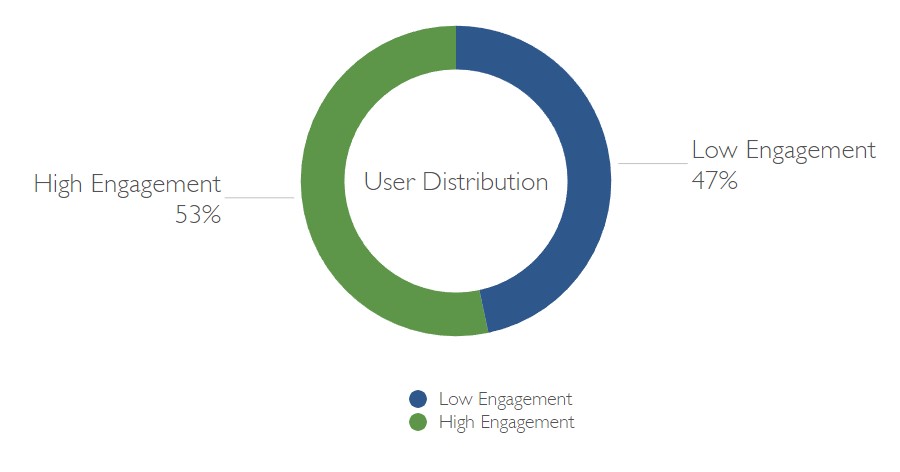


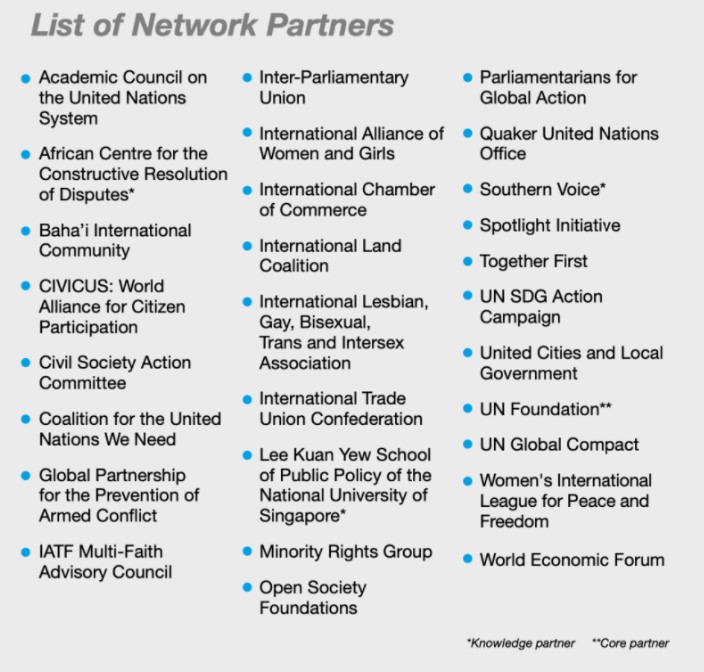
Say hello to smart decision making.
Learn how Swae can support your organization.

Is Swae
for you?
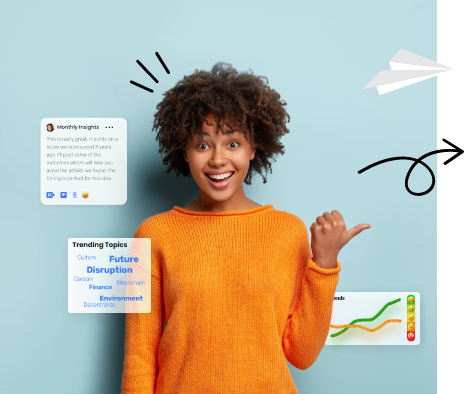
Get top insights to your inbox
Want to learn the latest trends and research in how to create more inclusive teams and leaders, enhance the overall well-being, decision-making, and productivity in your organization?
If Yes, sign up now & get Swae’s Top Insights to your inbox!
We respect your privacy and will never share your email.
 Why Swae?
Why Swae?
Learn how real companies
get real results with Swae

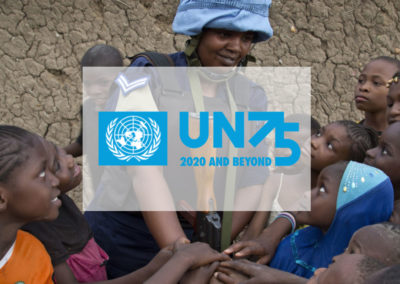
Results of the United Nations -backed global digital consultation powered by Swae presented to UN General Assembly

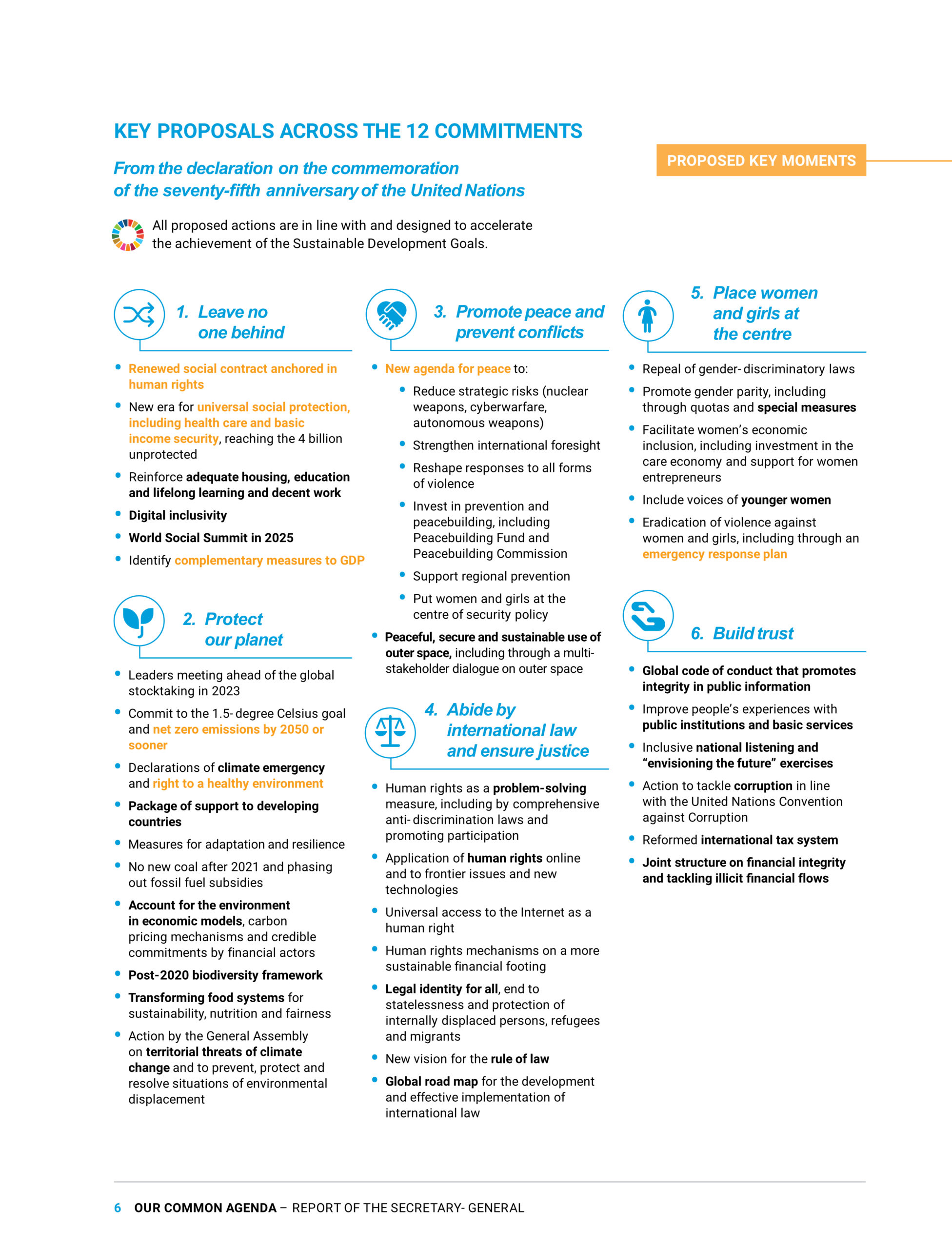

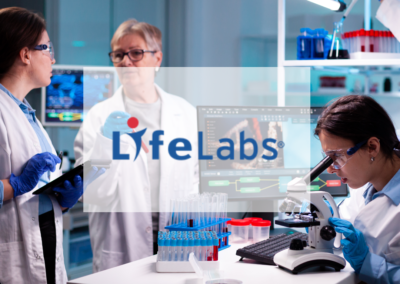






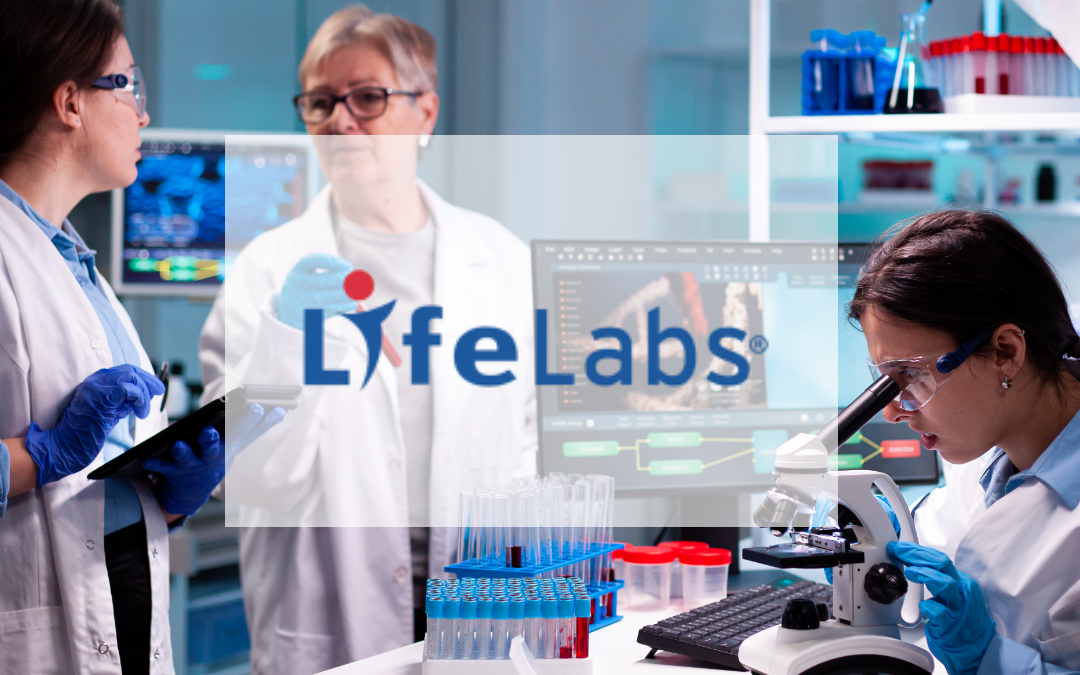





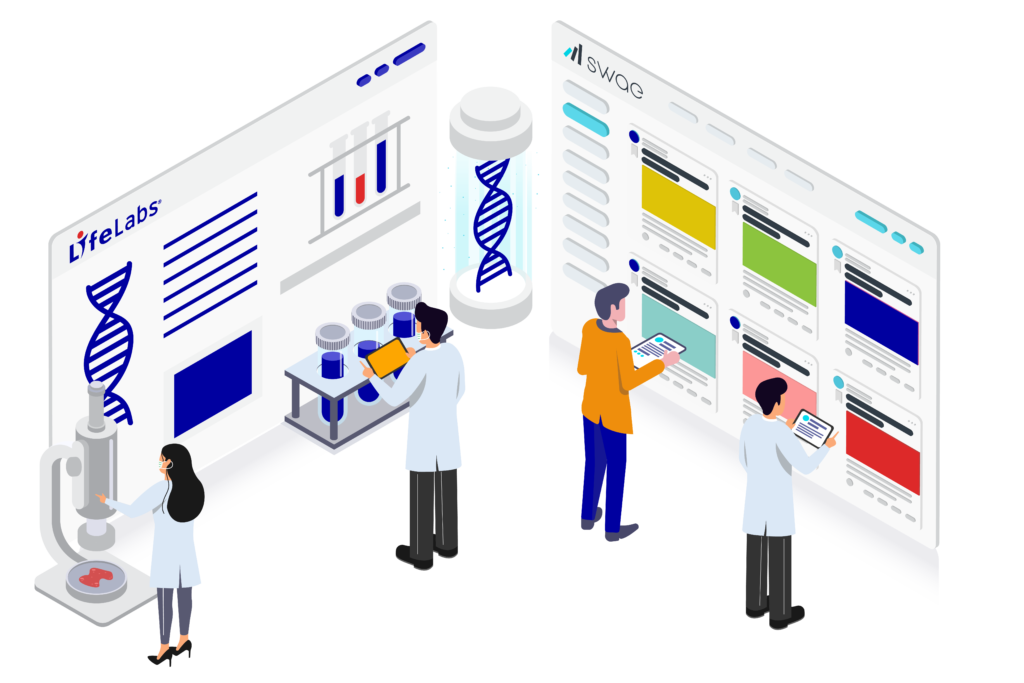





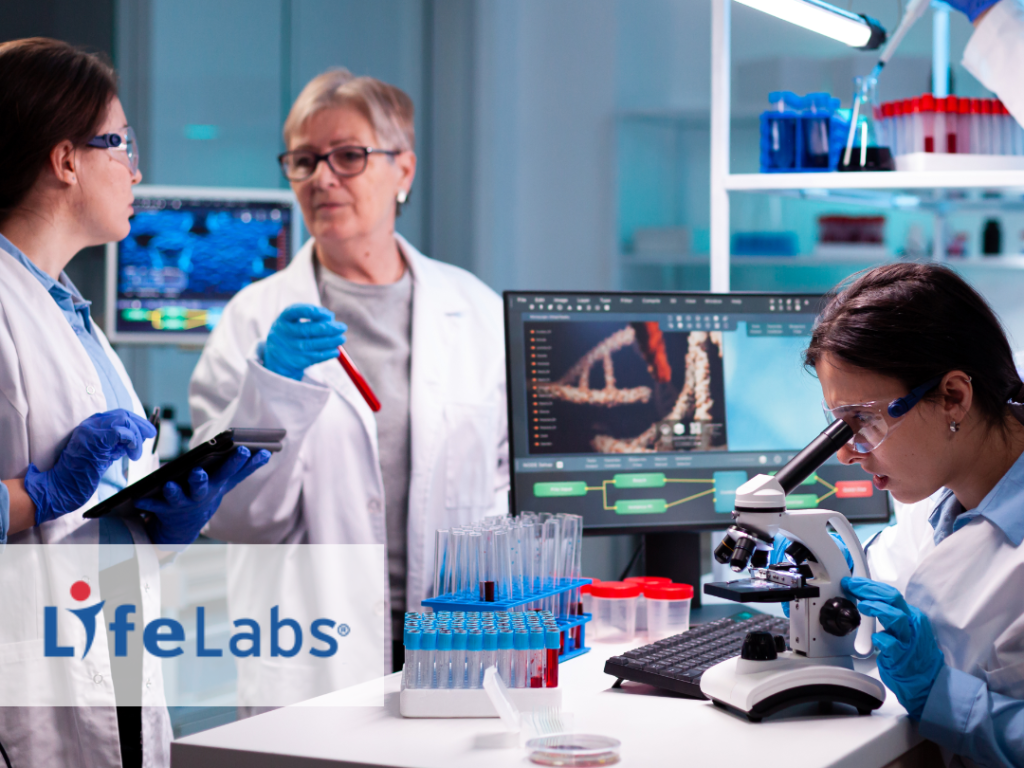

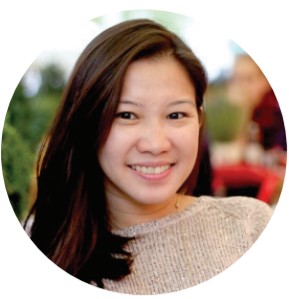


 Process of collaboration
Process of collaboration Results
Results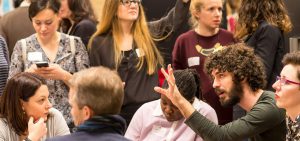
 We’re constantly learning
We’re constantly learning